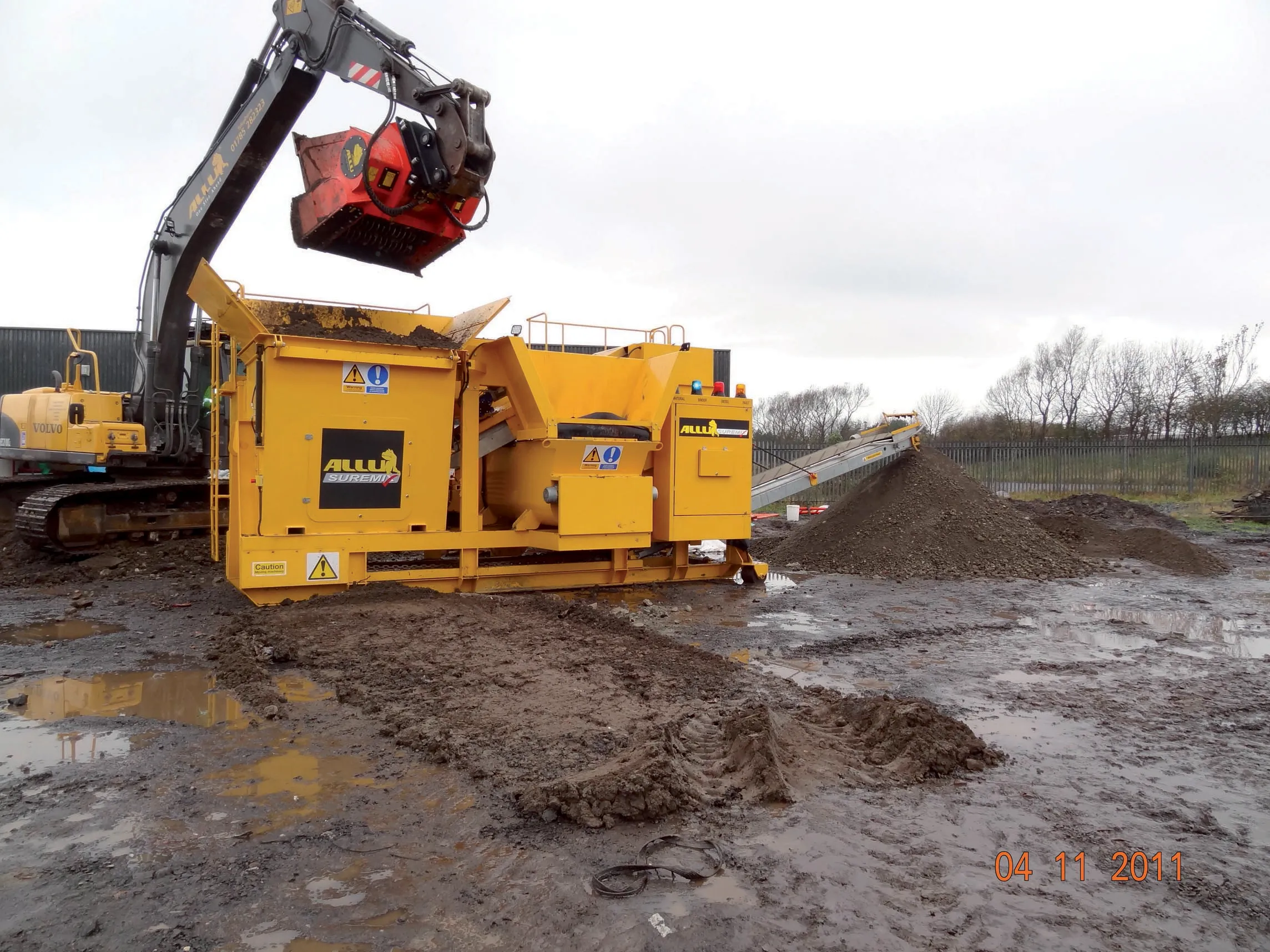
The promising LE2AP European Life demonstration project involves test sections of durable, silent asphalt on roads in the Netherlands. LE2AP stands for Low Emission 2 Asphalt Pavement, with the 2 indicating reduced emissions for both CO2 and sound.
To help achieve this trial, BAM used SYLVAROAD RP1000 Performance Additive, a product by
What the LE2AP project shows is that BAM can now lay road surfaces that consist of at least 80% recycled material, on a large scale. Compared with current percentages of reuse in road surfaces, which consist of up to 30%, this innovative method has achieved a major breakthrough. And for production at a lower temperature, BAM uses knowledge already gained in practice with low energy asphalt concrete (LEAB).
The 1km long test sections were applied to the N279 Veghel-Hertogenbosch section and the N338 near Doesburg. The test section applied to the N279 in September consisted of approximately 80% recycled asphalt. Noord-Brabant provincial executive Christophe van der Maat said, “We are constantly looking for options to construct our roads more innovatively and more durably. We were happy to invest in this BAM trial to try out a test section with durable asphalt in practice. If the result is good, I'll be pleased to use this more often.”
In October 2016, the test section was installed on the N338. This represents a key test of the EU sponsored demonstration project LE2AP, because a section features a recycling value of around 93%. In this section the asphalt binder is also produced mainly from recycled materials.
Gelderland provincial executive, Conny Bieze said, “It's great that this breakthrough in sustainability will be tested in Gelderland. If the results of the tests are positive, we will see a significant environmental benefit. Residents will also be delighted with quieter roads.”
The performance of the asphalt mixture and of the recycled raw materials has already been tested intensively. SYLVAROAD RP1000 is a rejuvenator and was used for this purpose on the aged bitumen. The production method for the mixture meanwhile was tested in October 2015 in the Brabantse Asfalt Centrale (asphalt plant) in Helmond. In every respect, it appears that the recycled raw materials and the asphalt produced from them are qualitatively at least equivalent to traditionally produced road surfaces, and often even better. The stone reclaimed from road planings and milled asphalt surfaces (PA Stone) has been certified by KIWA as a new building material.
With LE2AP, BAM is breaking new ground in asphalt recycling and project has been co-financed by a
The basic idea behind LE2AP is that conventional methods of asphalt recycling have limitations and RAP is reused mainly in base course mixes. Due to the fact that there are fewer new roads being built in the Netherlands, the importance of recycling is increasing. And the road sector focuses more on rebuilding and resurfacing than new construction.
With LE2AP, BAM is now starting to recover raw materials from used asphalt. New asphalt can then be produced using the recovered raw materials. This working method has shown it offers a high degree of control over the quality of construction materials as well as for the mix of newly produced asphalt. And the trials have demonstrated that SYLVAROAD RP1000 can help to achieve this goal successfully.






